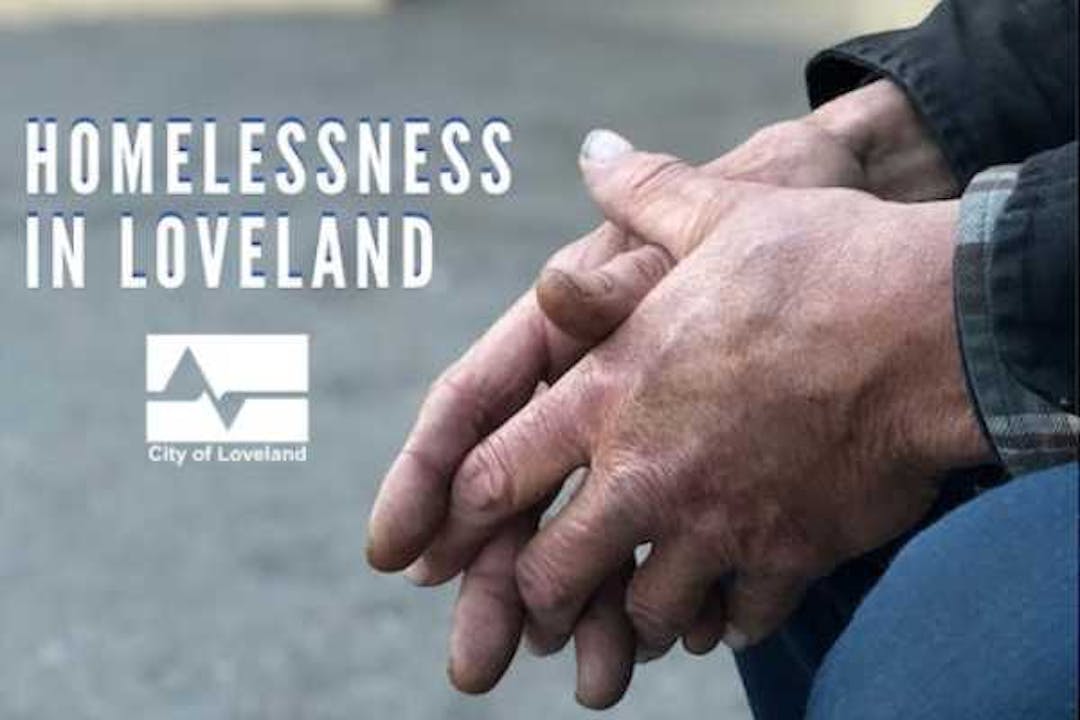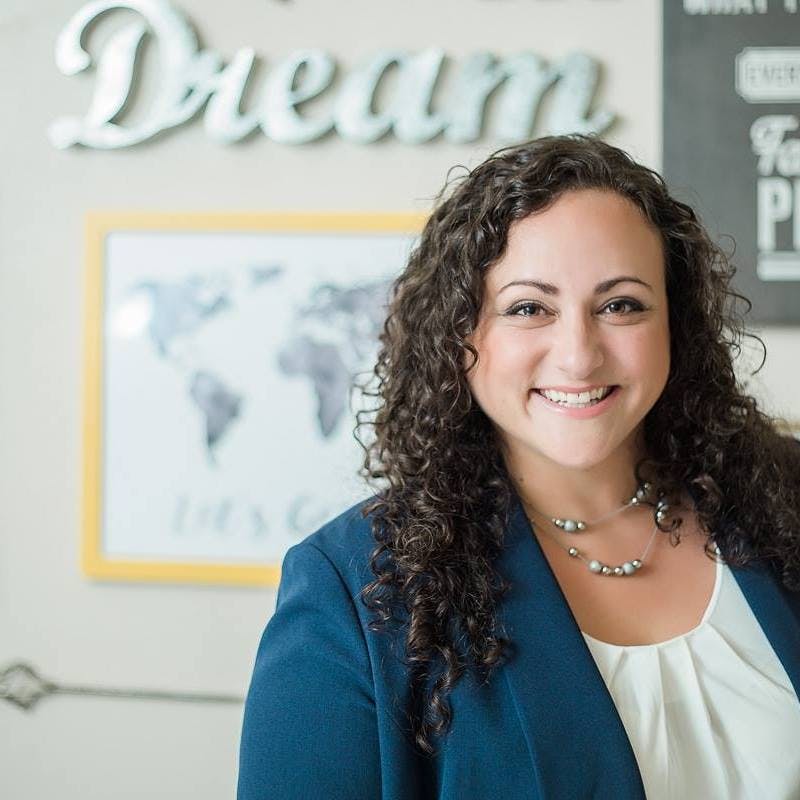Share Terms You’ll Likely Hear During the Town Hall on Facebook
Share Terms You’ll Likely Hear During the Town Hall on Linkedin
Email Terms You’ll Likely Hear During the Town Hall link
As you participate in the town hall and other discussions, it may be helpful to to familiarize yourself with some of the terminology that may be used.
-
Continuum of Care: The CoC Program is designed to promote communitywide commitment to the goal of ending homelessness; provide funding for efforts by nonprofit providers, and State and local governments to quickly rehouse homeless individuals and families while minimizing the trauma and dislocation caused to homeless individuals, families, and communities by homelessness; promote access to and effect utilization of mainstream programs by homeless individuals and families; and optimize self-sufficiency among individuals and families experiencing homelessness.
-
Built for Zero: A network of communities with the mission to measurably and equitably end homelessness. This network works to shift methodology to bring together agencies serving the homeless population to have a shared goal and to be committed as to provide solutions as a community, not by agency. The goal of a Built for Zero community is to reach Functional Zero by using the By Name List and data to drive decisions.
-
By Name List: A comprehensive list of every person experiencing homelessness that includes their name, homeless history, health and housing needs.
-
Functional Zero: A term used to indicate that homelessness for a certain population of residents (i.e., veterans, youth, families, non-veteran adults) has ended. Functional Zero is achieved when the number of people experiencing homelessness is no longer greater than the number of monthly housing placements, so if eight veterans were housed each month, the number of veterans waiting for housing could not exceed eight.
Share A Snapshot of Homelessness in Loveland on Facebook
Share A Snapshot of Homelessness in Loveland on Linkedin
Email A Snapshot of Homelessness in Loveland link
Point-in-Time (PIT) Counts
PIT Counts provide a "snapshot" of the number of people experiencing homelessness on a specific date (usually one day, but occasionally up to a week in January) in a community. Unsheltered refers to residents sleeping outside. Sheltered refers to residents living in motels, rotational shelters, domestic violence safe houses or family programs.

In Loveland, the number of people unsheltered grew from 84 in 2017, to 91 in 2019 and finally to 116 in 2022; the number of people sheltered grew from 49 in 2017, to 51 in 2019 and finally to 53 in 2022; and the total number of people experiencing homelessness grew from 113 in 2017, to 142 in 2019 and finally to 169 in 2022.
Veteran Homelessness
Veteran homelessness for Larimer County is expected to reach functional zero by 2022.
Loveland Homeless Systems Advisory Board
A Loveland Homeless Systems Advisory Board was established in January 2022. The following organizations are involved:
- Alternatives to Violence
- Aspire 3-D
- Catholic Charities
- Community Kitchen
- Community Partnership Office
- Disabled Resource Services
- House of Neighborly Service/137 Connection
- Homeward Alliance
- Loveland Housing Authority
- Loveland Police Department
- Loveland Public Library
- Neighbor to Neighbor
- Northern Colorado Continuum of Care
- Salvation Army
- Servant’s Heart
- SummitStone Health Partners
- Sunrise Community Health
- Thompson School District
- Thomson Education Foundation
- Together Colorado








